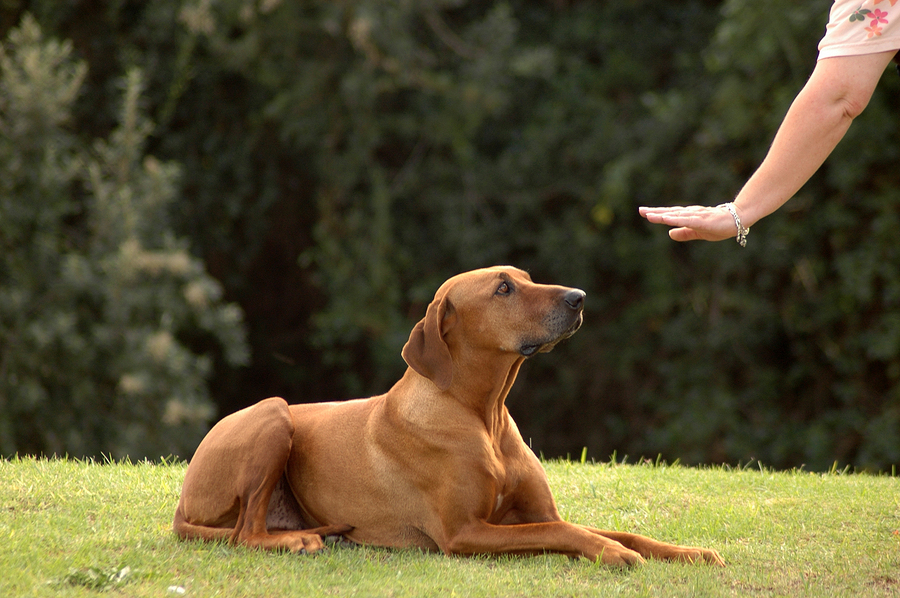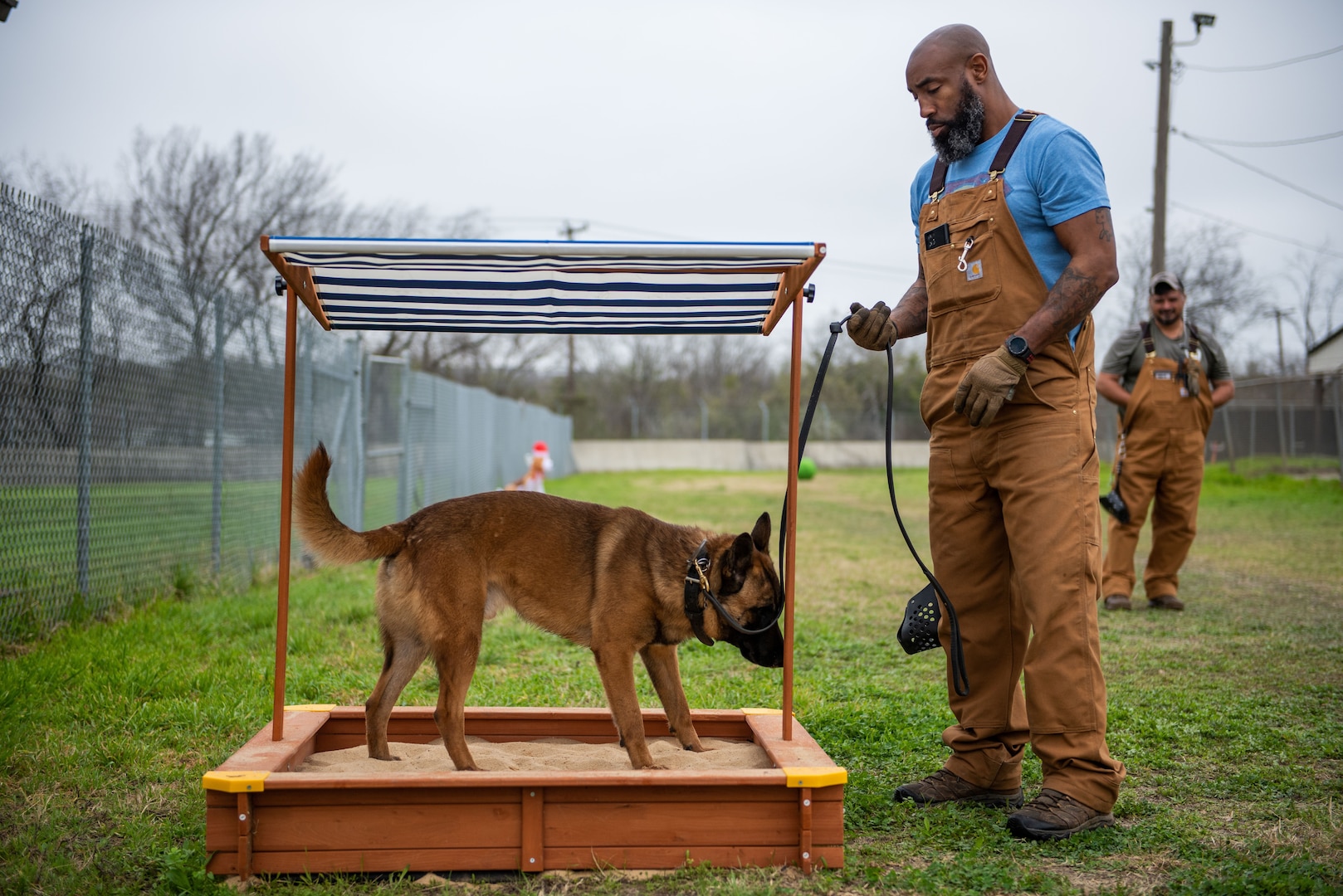Dog Training Strategies to Solve Common Behavior Problems
Dog Training Strategies to Solve Common Behavior Problems
Blog Article
The Ultimate Overview to Canine Training: Transform Your Family pet's Habits
Reliable dog training is essential for cultivating an unified connection in between family pets and their owners. This overview not just intends to equip you with the needed devices to transform your pet dog's habits however likewise welcomes you to check out how these foundational concepts can lead to a deeper link with your pet dog.
Comprehending Dog Actions
Recognizing pet dog actions is essential for effective training and an unified partnership between pet dogs and their proprietors. A pet dog's actions is affected by a mix of genetics, atmosphere, and experiences. Dog training. Recognizing these elements allows owners to customize their training approaches to satisfy the private demands of their pets
Pets connect largely via body language, articulations, and faces. For circumstances, a wagging tail can show excitement or happiness, while a tucked tail might indicate anxiety or submission. Observing these hints makes it possible for proprietors to react properly, reinforcing positive habits and addressing unfavorable ones successfully.
In addition, recognizing the social framework of dogs can supply insights into their actions. Pet dogs are pack animals, and they thrive in a structured atmosphere. Developing clear limits and regular policies can stop complication and advertise a complacency.
Additionally, acknowledging the natural impulses of canines, such as the desire to chase after or dig, is important. These impulses can be rerouted through appropriate outlets, such as play or workout. By adequately understanding these behavioral aspects, proprietors can foster a positive training experience, eventually resulting in a loyal and well-adjusted canine buddy.
Necessary Educating Strategies
Efficient canine training depends on a variety of crucial techniques that can significantly enhance the learning procedure for both the dog and the proprietor. One basic technique is favorable support, which entails satisfying preferable actions with treats, appreciation, or playtime. This approach encourages canines to duplicate the habits that cause positive end results, fostering a relying on relationship in between the animal and proprietor.
One more trick technique is consistency in commands and expectations. Making use of the very same verbal cues and hand signals helps the canine recognize what is called for, lowering confusion and advertising quicker understanding. In addition, developing clear borders and policies is critical for efficient communication.
Socialization is additionally a crucial part of training. Revealing canines to different settings, individuals, and other animals assists them create ideal social skills and decreases stress and anxiety in strange circumstances.
Lastly, perseverance and timing are essential. Educating sessions need to be constant however brief, ensuring that the pet dog remains engaged and receptive. By employing these necessary techniques, owners can create a positive and organized training experience that advertises etiquette and enhances the bond with their canine friends.
Producing an Educating Schedule
How can a well-structured training schedule boost a pet dog's knowing experience? A training schedule provides uniformity, ensuring that pet dogs obtain regular, concentrated direction. This predictability helps canines understand what is anticipated of them, reinforcing their understanding and enabling better retention of behaviors and commands.
When producing a training schedule, it is crucial to take into consideration the dog's age, breed, and individual temperament. Young pups may benefit from shorter, much more frequent sessions, while grown-up pets might prosper with longer, much less frequent training durations. Integrating a variety of activities can likewise maintain the sessions engaging, avoiding boredom and advertising excitement for understanding.
Furthermore, scheduling training sessions at certain times of the day can help strengthen a routine. For instance, matching training with everyday strolls or play can create a positive organization with learning. It is additionally critical to include time for reinforcement, such as treats or appreciation, to compensate preferred behaviors promptly.
Finally, adaptability is key. While consistency is vital, being adaptable to the dog's mood or power level can improve their discovering experience. A well-crafted training schedule eventually lays the structure for reliable interaction and a stronger bond between the dog and owner.
Common Training Difficulties
In spite of having a well-structured training schedule, pet owners usually encounter various difficulties throughout the training process. One usual concern is variance in hints and commands. When multiple relative make use of various terms or tones, a dog might come to be confused, hindering its ability to find out efficiently.
Another regular challenge is diversion. Dog training. Pets his response are normally interested creatures, and external stimulations such as various other animals, noises, or people can divert their attention throughout training sessions. This calls for check this site out owners to create a controlled environment or slowly present diversions to reinforce focus
In addition, varying energy degrees can affect training outcomes. High-energy pets may struggle to settle and focus, while much more laid-back types might require additional inspiration to involve. Customizing the training strategy to fit the private dog's temperament is vital for success.

Structure a Solid Bond
A strong bond between a canine and its owner is important for effective training and general well-being. Dog training. This partnership promotes count on, which is important for effective communication during the training process. When a canine feels protected and connected to its proprietor, it is extra likely to react favorably to hints and commands
To construct this bond, uniformity is essential. Establishing a routine that includes routine feeding, exercise, and training sessions aids develop a feeling of security. In addition, favorable reinforcement techniques, such as treats, appreciation, and play, reinforce preferred behaviors while reinforcing the psychological connection.
Socializing is another important aspect of bond-building. Exposing your pet to various environments, individuals, and various hop over to here other pets helps them really feel extra confident and comfortable, enhancing the bond with their proprietor. Engaging in activities together, such as strolling, playing fetch, or joining obedience training, advertises teamwork and shared pleasure.
Final Thought

Understanding canine behavior is important for effective training and a harmonious relationship between pet dogs and their owners.Efficient dog training counts on a range of vital strategies that can considerably improve the learning process for both the owner and the pet dog.Regardless of having a well-structured training routine, pet owners frequently encounter different difficulties throughout the training procedure.In final thought, effective canine training relies on an extensive understanding of canine actions, the application of essential methods, and the facility of a structured training routine. By emphasizing positive reinforcement and consistency, dog proprietors can considerably improve their family pets' habits, ultimately guaranteeing an unified partnership and promoting the wellness of both the canine and its atmosphere.
Report this page